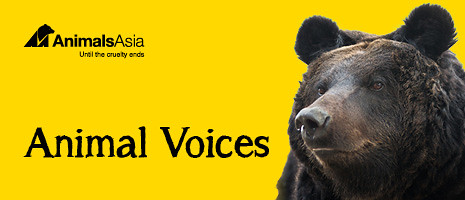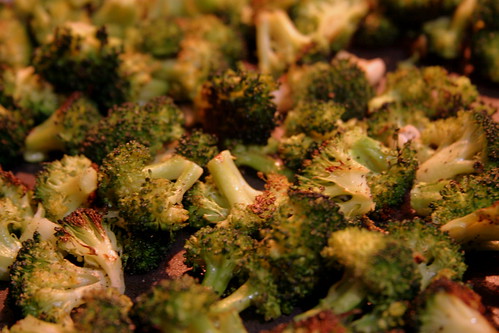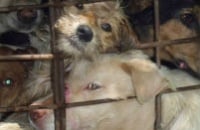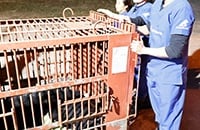Why Meatless Monday is the animal rescue we can all take part in
05 January 2016
I am vegan and I spend much of my time trying to convince others to take this step – which sees the least possible negative impact upon animals as we lead our lives.
Being vegan removes me from any involvement in the breeding, raising, transport and slaughter of any animal for my dinner plate. It removes me from any involvement in the painful mutilations farm animals face, or the despair and grief that mother cows experience when they have their new-born calves taken from them – just so that we can have milk in our refrigerators.
But to be vegan requires a great deal of commitment. We live in a world designed to suit the needs of meat and dairy consumers. To achieve the goal of having zero negative impact on the welfare of animals, one needs to plan and sacrifice. It’s a way of life.
My ideal world is one in which we are all vegans, but I am also a realist – and I understand that this personal utopia is unlikely to ever exist. People have very differing views on the use of animals for food, and varying levels of empathy towards individual animals. Culture to culture and person to person, our morals and ethical positions differ greatly.
The fact is – over 94 per cent of the world’s population is still eating meat.
Reducing meat and dairy consumption is a starting point for anybody that is concerned about the welfare of farm animals, and there have been an increasing number of excellent initiatives set up to help people achieve this. None more so than the ‘Meatless Monday’ initiative.
Encouraging people to have one meat-free day a week can and will lead some toward expanding this commitment – putting them on a path towards a reduction in meat consumption which may lead to vegetarianism and veganism.
This approach is reportedly already having an impact. While meat and dairy consumption continues to increase in many countries, meat consumption has steadily declined in the US, by a reported 10 per cent per capita since 2007.
In 2007, the US reportedly raised and killed 9.5 billion land animals for food. As of 2014, that number has reportedly dropped by 400 million to 9.1 billion.
Therefore almost half a billion fewer animals are being subjected to the torment of factory farming and industrial slaughter plants per year in the US alone. And a good portion of this should be attributed to the large-scale promotion of meat-free dieting campaigns such as Meatless Monday, as well as the increasing availability of good quality meat and dairy replacement foods becoming more widely available.
There are also the environmental and human health risks caused by our desire to eat meat and dairy products. And increasingly, the world is learning about animal farming’s negative effects – increased resistance to antibiotics and the spread of animal-borne diseases such as avian influenza among them.
It’s not all hopeful though – while meat consumption per capita may be decreasing in some countries, it is rising quickly in others. Over the past 10 years, pork consumption in China has doubled, and since 1980, overall meat consumption in China has quadrupled to 54 kilogrammes a person per year. And it continues to rise.
But this is still only about half the annual meat consumption per capita in the US, which hovers around 100 kilogrammes.
With estimates of over 60 billion land animals being raised for food each year and a substantial rise on this number in the coming years to feed an ever-increasing population, it is easy to become despondent – but I take at least a little comfort in the knowledge that some people are reducing their meat consumption levels. It may not be the ‘meat-free utopia’ that is inside my head, but these small steps can lead to larger lifestyle changes. And just imagine the impact on animal numbers if everybody was to adopt at least one meat-free day per week.
For those of us associated with rescuing animals – put simply, each Meatless Monday represents an animal rescue. To put it another way, cutting down on meat is the animal rescue we can all take part in.
While the majority of the population continues to consume meat and dairy, I will do all I can to encourage and support those that take even the smallest of steps towards reducing their meat consumption. My New Year’s hope is that one step may just lead to another.
As Animals Asia’s Animal Welfare Director, David Neale works to improve the plight of animals in zoos and safari parks and increase overall veterinary and welfare standards in countries in Asia. His prolific career has taken him all over the world, rescuing animals in Bolivia, working as an ecologist in England and promoting animal welfare education in schools and universities. Since joining Animals Asia in 2002, David has travelled extensively across the continent, helping to rescue moon bears in Vietnam and carrying out zoo investigations in China, Vietnam and Indonesia.
BACK










 5 reasons the dog meat trade must end
5 reasons the dog meat trade must end
 New year, new home for Christmas the Bear!
New year, new home for Christmas the Bear!
 Veterinary welfare training – pain management
Veterinary welfare training – pain management